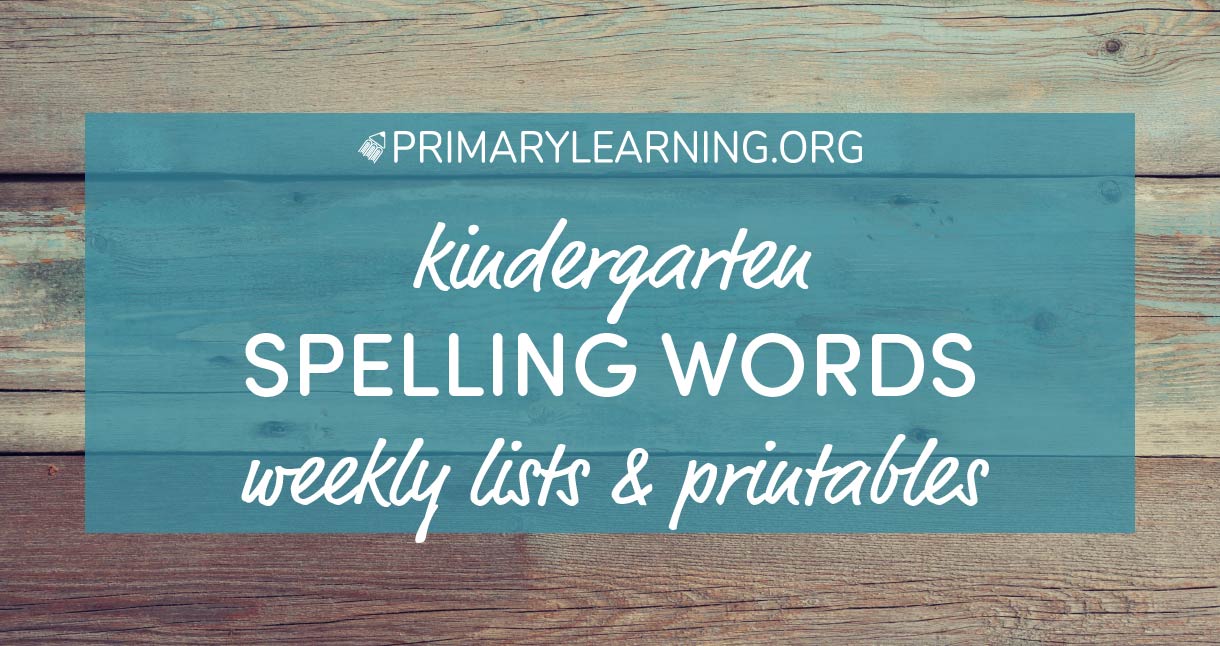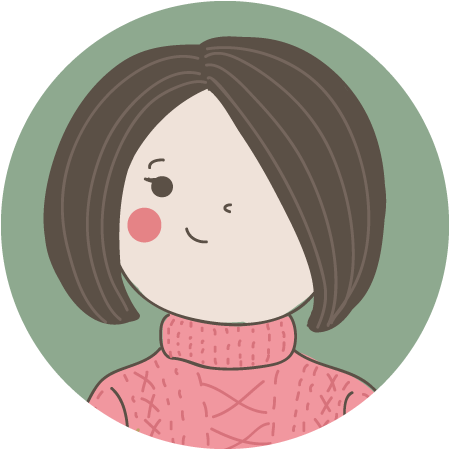

Posted by: Alesia Netuk
Updated: September 28th, 2023
Kindergarten Spelling Words
Kindergarten Spelling Words
Kindergarten students are in the early stages of writing development. At this age, they can begin learning to spell a few simple words. Learning activities should be intentional and practical, and mixed with fun!
First Steps Towards Learning to Spell
One of the first words that children can learn to spell is their own name. Having exposure to seeing their name in print will help them recognize it. Think of places where their name can be displayed, such as above their coat hook or on a bulletin board with their artwork. When looking at their name together, talk about the letters they see.
Children can learn to spell their name by building it with various materials such as magnetic letters, stamps, and letter tiles. Teach children to line the letters up from left to right and ensure they are facing the correct way.
When they are ready to begin printing their name, children will need many opportunities to practice forming the letters. They might, for example, trace their name, write it in a sand tray, or use water and a paintbrush to practice their writing. Children may benefit from having a card with their name to refer to when using paper and pencil.
Consider other words of significance that children may be eager to learn how to spell. A friend or family member’s name or a pet’s name is an excellent place to start.
Beginning to Build a Word Bank and Kindergarten Sight Words
Beyond words of personal significance, kindergarten children can begin learning to spell sight words. These are words that appear the most frequently in texts, including words like “I,” “a,” and “the.” If children are seeing these words during guided reading, educators can take advantage of the reciprocal relationship between reading and writing. In addition to reading the words, they can learn to spell them.
One spelling strategy educators may want to use is following guided reading with guided writing, using the sentence structure from the book. For example, if a book begins each page with, “I like..” then children can write their own sentence using the same starter. This allows them to practice spelling words in a meaningful context. Activities mentioned above, like using magnetic letters or sand trays, can be used before putting a pencil on paper.
Sight words worksheets for building spelling and reading skills:
Word Families and Short Vowels
Using word families is another strategy to help children learn to spell. Consider beginning with a simple sound that children are already familiar with, such as “at.” Rhyming is a great spelling strategy, so have children brainstorm words that belong in the “at” family. Show them that if they can spell “at,” they can also spell words like “bat,” “cat,” and “hat.”
AT word family worksheets for building spelling using pattern strategy:
Invented Spelling
It’s important to note that early writing will include “invented spelling” and that this is very appropriate for kindergarten children. As children acquire knowledge of letter sounds, they will use this information to spell words. It is common for children to identify the first sound in a word and to find middle sounds more challenging. Provide children with opportunities to participate in learning activities that teach letter-sound correspondence.
Consider using songs, chants, and poems to teach letter sounds. The rhythmic nature of these formats, along with the opportunity for repetition, can be beneficial for learning sounds. You can also read aloud alphabet books and have them available for children to look at independently. Matching pictures, like a cat or a ball, to the letter sound they begin with is also an excellent way for children to learn their sounds.
As children learn more sounds, they can be prompted to use this knowledge when spelling words. Educators can exaggerate the first sound in a word to support students with hearing it. As children develop, they may be able to identify a middle or end sound in a word as well.
Kindergarten is a time of early development with spelling skills. It is important to foster a love of reading and writing in children and to make spelling activities simple and engaging.
Kindergarten Spelling Words List
Week 1: the, to, and, a, ham, jam, yam, ram, bam.
Week 2: I, you, it, in, cat, hat, mat, rat, sat.
Week 3: said, for, up, look, bad, dad, mad, pad, sad.
Week 4: is, go, we, little, cap, map, tap, gap, nap.
Week 5: down, can, crab, not, lab, cab, dab, tab, gab.
Week 6: one, come, my, me, ban, fan, man, pan, van.
Week 7: big, blue, red, where, bag, wag, tag, rag, lag.
Week 8: jump, away, here, help, bag, rat, tag, tap, sat.
Week 9: make, yellow, two, play, hit, pit, fit, kit, bit.
Week 10: run, find, three, funny, hid, kid, lid, rid, bid.
Week 11: he, was, dip, hip, lip, sip, zip.
Week 12: that, she, bin, fin, pin, tin, win.
Week 13: on, they, wig, dig, fig, pig, jig.
Week 14: but, at, bib, rib, mix, fix, vix.
Week 15: with, all, lip, fin, mix, pig, win.
Week 16: there, out, cot, dot, pot, rot, lot.
Week 17: be, have, nod, pod, rod, cod, sod.
Week 18: am, do, mop, cop, hop, pop, top.
Week 19: did, what, bob, cob, job, mob, rob.
Week 20: so, get, dog, fog, hog, log, jog.
Week 21: like, this, fox, box, mom, pox, ox.
Week 22: will, yes, pod, cod, mob, log, bob.
Week 23: went, are, gum, hum, sum, mum, yum.
Week 24: now, no, came, hut, nut, gut, jut.
Week 25: ride, into, good, cub, rub, sub, tub.
Week 26: want, too, bug, mug, hug, jug, rug.
Week 27: pretty, four, bun, fun, nun, sun, pun.
Week 28: saw, well, cup, pup, tux, bus, bud.
Week 29: ran, brown, mug, sun, tux, bud, bug.
Week 30: eat, who, pet, vet, net, wet, met.
Week 31: new, must, led, fed, wed, bed, sled.
Week 32: black, white, den, hen, men, pen, yen.
Week 33: soon, our, peg, leg, beg, seg, heg.
Week 34: ate, say, under, please, mud, web, hem.
Kindergarten Spelling Worksheets and Word Games
LEARNING MATERIALS TO MEET EVERY CHILD’S NEEDS
Here, at PrimaryLearning.Org, we tend to deliver the best-differentiated learning materials to K-2 students. Our resources can be easily incorporated into multisensory lessons to meet every child’s needs, whether s/he is a visual, kinesthetic, or auditory learner.